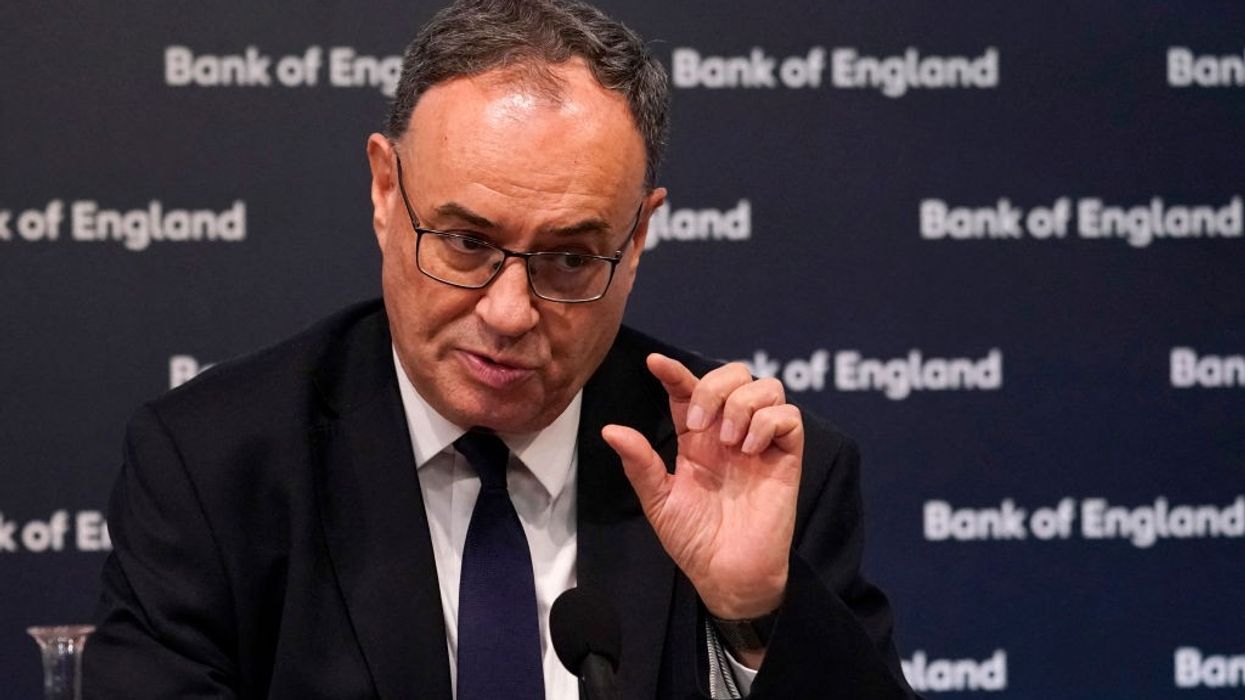THE Bank of England is facing criticism after advertising an internship programme that is only available to black students.
The scheme, called the Black Future Leaders Sponsorship Programme, said it is open solely to candidates of "black or mixed black heritage". This means white students and those from other ethnic backgrounds cannot apply, reported the Telegraph.
Students accepted onto the programme receive £5,000 towards living costs during their penultimate year at university, plus an eight-week paid placement at the central bank earning £96.15 per day.
This week, senior Tory politicians criticised the Bank, which employs 4,000 staff at its Threadneedle Street headquarters, for excluding candidates based on race.
Robert Jenrick, the former Tory leadership candidate, said: "It is deeply unfair that the Bank of England is engaging in race-based hiring. Our institutions need to stop dividing our country and return to meritocratic recruitment."
Andrew Griffith, the shadow business secretary, said: "Discrimination based on the colour of someone's skin is racism whichever direction it is in and the Bank of England should immediately cancel this terrible social-engineering plan or heads must roll."
US billionaire Elon Musk also criticised the programme on his social media platform X, saying that the internship was unfair and that "anti-white racism is still racism".
The Bank offers several internship programmes, but this is the only one providing at least £5,000 in living cost support for a year at university alongside paid employment.
Rupert Lowe, the former Reform MP, has written to Andrew Bailey, the Bank's governor, accusing the institution of operating a discriminatory scheme.
"What message does this send to a bright, hard-working student who happens to be white? That the colour of their skin determines their opportunity?" his letter said, according to the newspaper.
A Bank of England spokesman said: "As a public institution whose duty is to serve all the people of this country, we seek to ensure that our workforce broadly reflects our society. With this in mind, we offer a variety of programmes and opportunities, of which the Black Future Leaders Sponsorship Programme is one. We are proud of our country."
According to reports, the programme aims to increase representation of black students in banking and finance. The Bank has set targets to have five per cent of managers and 10 per cent of graduates be black by 2028, though it recently acknowledged it is falling short of these goals.
The controversy comes amid a wider debate about diversity policies in public sector organisations. In April, NHS trusts were reported to have been adjusting shortlists to favour candidates from black and ethnic minority backgrounds, while West Yorkshire Police faced criticism after temporarily blocking applications from white British candidates.
Some private companies have recently scaled back diversity initiatives. Pharmaceutical company GSK said it would stop setting diversity targets, while BT removed diversity measures from manager bonuses.
In March, the Bank of England itself abandoned plans to make 42,000 UK businesses report diversity data about their employees, citing concerns about regulatory costs.





